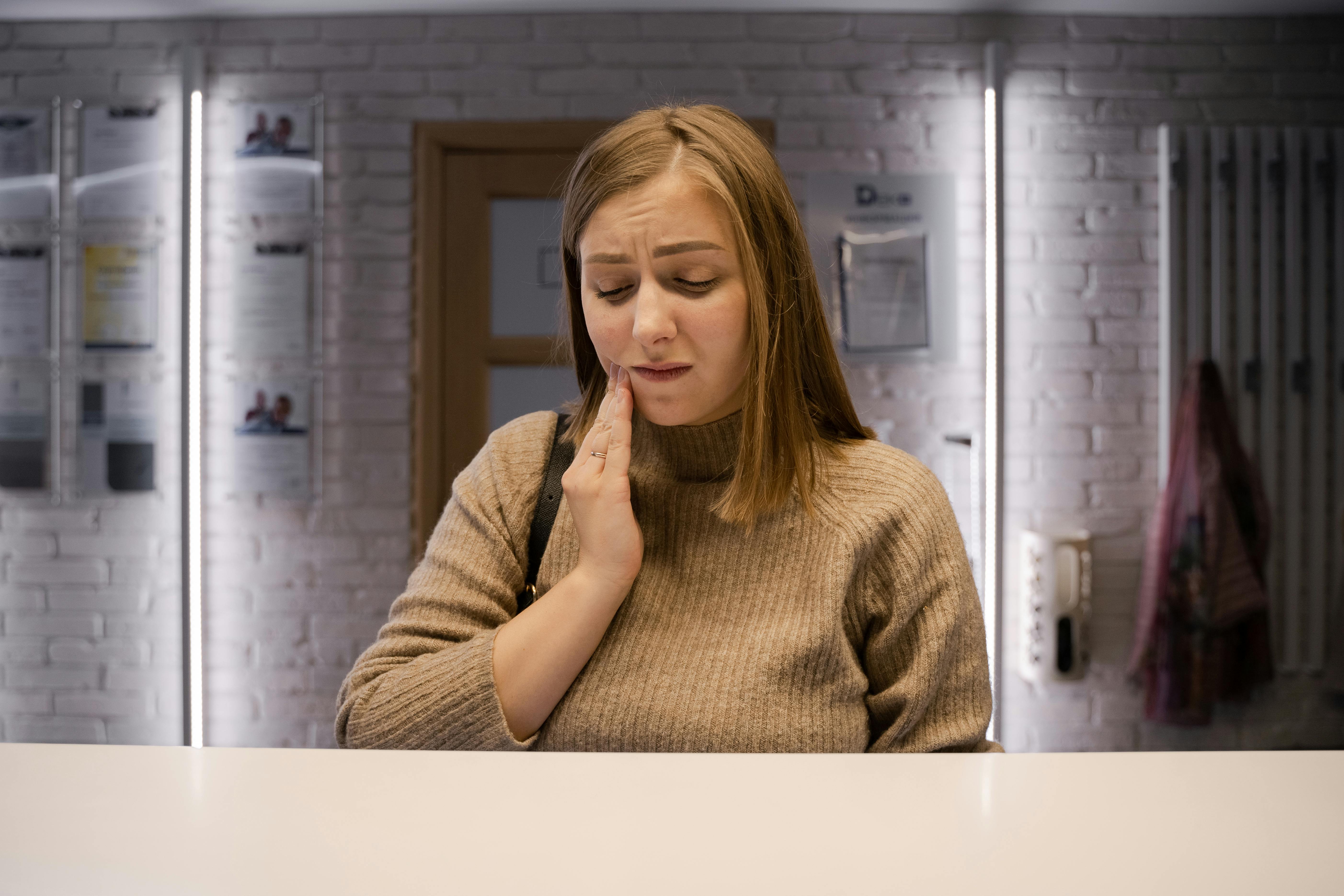Do Root Canals Cause Health Problems? An In-Depth Look
Have you ever wondered if a root canal could be harmful to your overall health? You’re not alone. With ongoing debates in both traditional and holistic circles, understanding the truth behind root canals and their potential health impacts is essential. In this article, you’ll explore what root canals really are, the controversies surrounding them, and how they affect your well-being.

Understanding the Fundamentals
Root canals are dental procedures designed to save infected or damaged teeth. By removing the infected pulp inside the tooth and sealing it, root canals prevent further decay and eliminate pain. But over the years, this common procedure has sparked significant concern regarding long-term health implications.
Understanding the science and reasoning behind root canals can help you make informed decisions. Let’s explore the foundation of this widely practiced treatment and where the concerns originate.
1.1 What Is a Root Canal?
A root canal involves removing the soft tissue (pulp) inside a tooth when it becomes infected or inflamed. This process stops the spread of bacteria and saves the structural integrity of the tooth. According to the American Association of Endodontists, over 15 million root canals are performed annually in the U.S.
Many people fear that root canals trap bacteria inside the body, potentially leading to chronic diseases. This theory has fueled misinformation despite lacking modern scientific support.
1.2 Why Are Root Canals Controversial?
Concerns largely stem from outdated research and holistic health theories. In the 1920s, Dr. Weston Price conducted studies suggesting that root canal-treated teeth could cause systemic illness. While his research has been debunked, it still influences public opinion today.
Modern dentistry incorporates stringent sterilization techniques and biocompatible materials that minimize risks significantly. However, skepticism remains, especially among proponents of holistic health care.
Practical Implementation Guide
Deciding whether or not to get a root canal should be based on both scientific evidence and individual health needs. This section will guide you through actionable steps to assess your options and navigate common concerns effectively.

2.1 Actionable Steps
- Consult a Licensed Endodontist: Ensure your provider has up-to-date training and experience.
- Request a 3D Scan: Cone beam CT scans help detect hidden infections and ensure precision in treatment.
- Consider Biocompatible Fillings: Ask for alternatives like gutta-percha or MTA if you’re chemically sensitive.
2.2 Overcoming Challenges
Common challenges during or after a root canal include:
- Pain or discomfort due to incomplete removal of infection
- Allergic reactions to filling materials
- Reinfection from poorly sealed canals
To mitigate these risks:
- Choose a provider who uses advanced imaging
- Follow post-procedure care diligently
- Monitor for recurring symptoms such as swelling or sensitivity
Advanced Applications
For those seeking more natural or innovative approaches, several alternatives and advanced techniques are emerging. These may suit patients concerned with systemic health implications of root canals.

3.1 Ozone Therapy
Ozone therapy is gaining popularity as an adjunct to root canals. It involves applying ozone gas to sterilize the canals, reducing the likelihood of lingering bacteria. Clinical studies show that ozone can penetrate dentinal tubules better than traditional antiseptics.
In practices focused on biological dentistry, ozone is often used to enhance patient safety and reduce toxicity.
3.2 Laser-Assisted Root Canal Therapy
Lasers offer a modern, less invasive method of disinfecting the root canals. They improve precision and reduce inflammation post-procedure. This method also minimizes tissue trauma and can shorten recovery time.
However, laser treatments require specialized equipment and training, which may affect availability and cost.
Future Outlook
With advancements in technology and materials, the future of root canal therapy is promising. Research is ongoing into regenerative endodontics, which aims to regrow dental pulp using stem cells and biologics.
In the next 3–5 years, expect a rise in minimally invasive techniques and personalized dental care plans. The trend toward integrative oral health is also pushing dental providers to consider systemic well-being more seriously.
Conclusion
Here are three key takeaways:
- Root canals are generally safe and highly effective at preserving natural teeth.
- Health concerns linked to root canals stem mostly from outdated or disproven theories.
- Modern advancements and holistic options provide flexibility for those with unique needs.
So, do root canals cause health problems? The evidence suggests they rarely do when performed correctly. If you’re facing this decision, speak to your dentist about the best options tailored to your health goals.
Take the next step—get a professional evaluation and don’t hesitate to ask about the latest techniques or biocompatible alternatives.
Frequently Asked Questions
- Q: Are root canals dangerous? Root canals are safe when performed using modern techniques. Most risks stem from untreated infections rather than the procedure itself.
- Q: How do I know if I need a root canal? Common signs include severe tooth pain, swelling, sensitivity to hot or cold, and darkening of the tooth.
- Q: How long does a root canal take? Most procedures are completed in 1–2 appointments lasting 60–90 minutes each, depending on complexity.
- Q: Are root canals expensive? Costs vary from $700 to $2,000 per tooth, depending on location, provider, and severity of infection.
- Q: Is tooth extraction better than a root canal? Extractions may be cheaper initially but often require implants or bridges, which add cost and complexity.
- Q: Is a root canal painful? With anesthesia and modern techniques, most patients experience minimal discomfort during and after the procedure.
- Q: Are there holistic alternatives to root canals? Yes—options like ozone therapy, herbal irrigants, and laser disinfection are available in some holistic dental practices.
